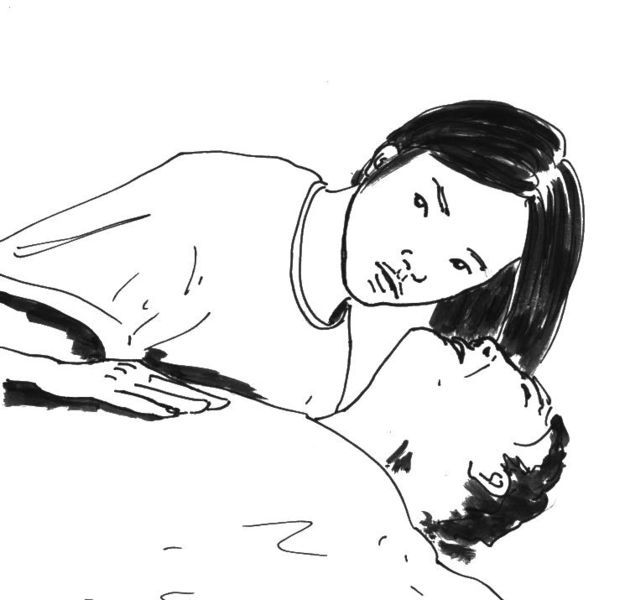
Heyman Center for the Humanities, Common Room
Arden Hegele, Heidi Hausse, Carmel Raz, Lan Li
The Society of Fellows in the Humanities
Center for Science and Society
The Institute for Comparative Literature and Society
Explorations in the Medical Humanities
Speaker: Sari Altschuler (Northeastern), timed with the release of her book The Medical Imagination: Literature and Health in the Early United States (UPenn Press).
Discussant: Branka Arsic (English)
Chair: Arden Hegele
In 1872, Ralph Waldo Emerson wrote, “Science does not know its debt to imagination,” words that still ring true in the worlds of health and healthcare today. We know a great deal about the empirical aspects of medicine, but we know far less about what the medical imagination is,what it does, how it works, or how we might train it. But it was not always so. In this lecture, Sari Altschuler will be talking about her new book on the history of the medical imagination. During the 18th and 19th centuries in the United States, doctors understood the imagination to be directly connected to health, intimately involved in healing, and central to medical discovery. Literature provided health writers important forms for crafting,testing, and implementing theories of health. Reading and writing poetry trained judgment, cultivated inventiveness, sharpened observation, and supplied evidence for medical research, while novels and short storiesoffered new sites for experimenting with original medical theories. Health research and practice relied on a broader complex of knowing, in which imagination often worked with observation, experience, and empirical research. In reframing the historical relationship between literature and health, The Medical Imagination provides a usable past for our own conversations about the imagination and the humanities in health research and practice today.
***
As a set of disciplines, the humanities face the challenge of how to write about embodied experiences that resist easy verbal categorization such as illness, pain, and healing. The recent emergence of interdisciplinary frameworks such as narrative medicine has offered a set of methodological approaches to address these challenges. Yet conceptualizing a field of medical humanities also offers a broader umbrella under which to study the influence of medico-scientific ideas and practices on society. Whether by incorporating material culture such as medical artefacts, performing symptomatic readings of poems and novels, or excavating the implicit medical assumptions underlying auditory cultures, the approaches that emerge from a historiographical or interpretive framework are different from those coming from the physician’s black bag.
This lecture series will explore the enigma of how what we write relates back to the experience of bodies in different stages of health and disease. Our speakers will explore how the medical humanities build on and revise earlier notions of the “medical arts.” At stake are the problems of representation and the interpretation of cultural products from the past and present through medical models.







